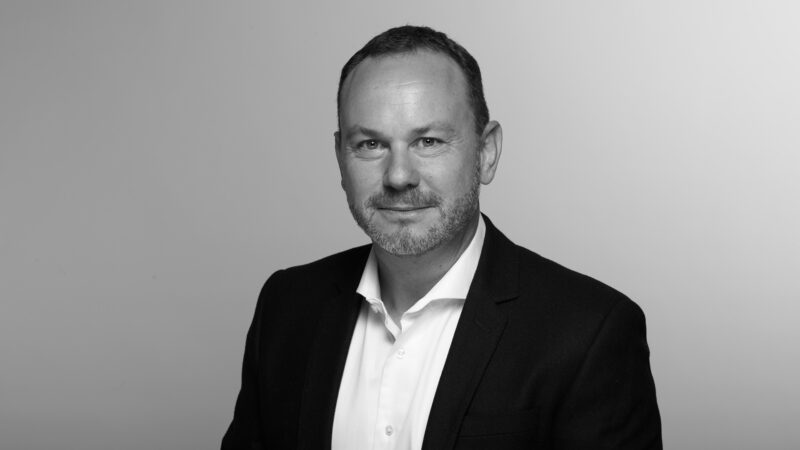Ogilvy PR releases Believability Index results
Ogilvy PR has released the results of its Believability Index, spotlighting Australians’ perceptions on the future of clean energy in Australia, “how its benefits are communicated, and who can be believed”.

The announcement:

